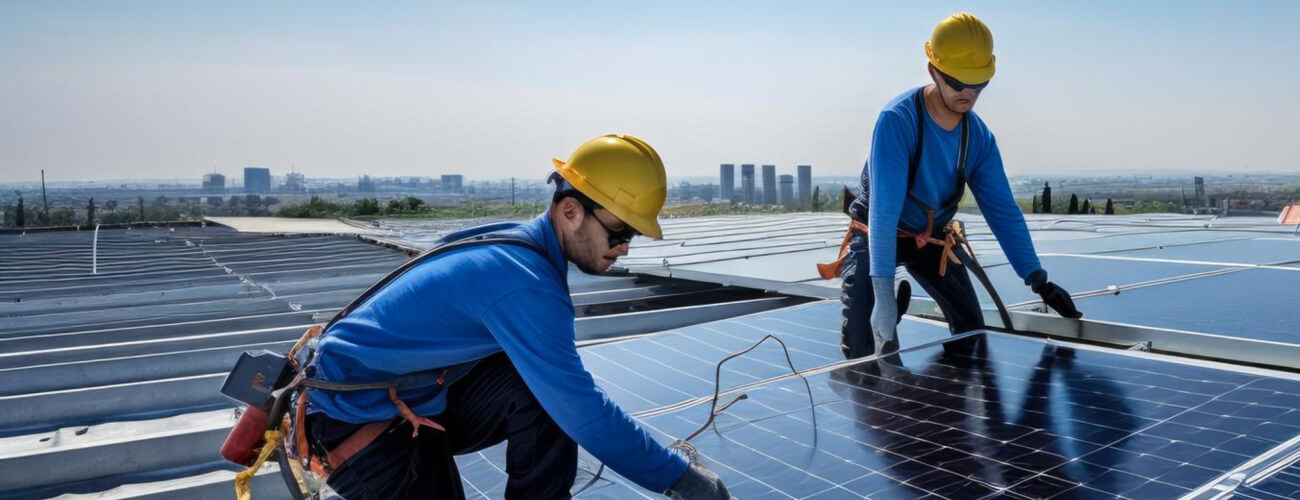In the ongoing battle against climate change, industries play a significant role in
reducing carbon emissions. Among the arsenal of decarbonization technologies, heat
pumps and vapor recompression stand out as complementary solutions for industrial
decarbonization. This article delves into the synergy between heat pumps and vapor
recompression, exploring their benefits, challenges, and potential for driving
decarbonization efforts in various industrial sectors.

Heat pumps are versatile devices that transfer heat from one location to another
using a refrigerant. They can extract heat from ambient air, water, or the ground and
deliver it to a desired location at a higher temperature. In industrial settings, heat
pumps find applications in heating, cooling, and process heating, offering energy-
efficient solutions compared to traditional heating methods.
Vapour recompression is a process that involves compressing vapour streams to
increase their temperature and pressure. By compressing low-pressure vapour to a
higher pressure, the latent heat within the vapour is recycled, making it available for
use in various industrial processes. Vapour recompression is particularly effective in
processes where heat recovery is critical, such as distillation and evaporation.

Heat pumps and vapour recompression technologies offer significant energy
efficiency improvements compared to conventional heating methods. By leveraging
waste heat and low-grade energy sources, they can provide heating or cooling with
minimal energy input, resulting in reduced operational costs and carbon emissions.
The adoption of heat pumps and vapor recompression contributes to environmental
sustainability by reducing reliance on fossil fuels and lowering greenhouse gas
emissions. By utilizing renewable energy sources and waste heat, industries can
minimize their environmental footprint and contribute to global decarbonization
efforts.
Integrating heat pumps and vapor recompression systems with existing industrial
processes requires careful engineering and design considerations. Compatibility with
existing infrastructure, scalability, and system efficiency must be taken into account
to ensure successful implementation.
The initial investment cost of heat pump and vapor recompression systems may
pose a barrier to adoption for some industries. However, the long-term energy
savings and environmental benefits often outweigh the upfront costs, making them
a sound investment in the transition to sustainable industrial practices.
Heat pumps and vapor recompression technologies offer valuable solutions for
industrial decarbonization, helping industries reduce energy consumption, lower
carbon emissions, and enhance environmental sustainability. By harnessing waste
heat and low-grade energy sources, industries can transition towards cleaner and
more efficient operations, contributing to global efforts to combat climate change.
Our team at Integro Design Engineering Associates Ltd has helped several plants including distilleries to successfully implement pinch analysis to optimise energy recovery and reduce operational costs.
Heat pumps and vapour recompression technologies offer higher energy efficiency by utilizing
waste heat and low-grade energy sources, resulting in significant energy savings compared to
conventional heating methods.
Yes, heat pumps and vapour recompression systems can be integrated with renewable energy
sources such as solar and geothermal power to further enhance their sustainability and reduce
reliance on fossil fuels.
Heat pumps and vapour recompression are effective in industries with high heat or cooling
demand, such as food processing, chemical manufacturing, and HVAC systems.

Monday – Saturday
12:00 pm – 14:45 pm
Sunday – Thursday
17:30 pm – 00:00 pm
Friday – Saturday
17:30 pm – 00:00 pm
Copyright © 2024 Distill-RE. All rights reserved.